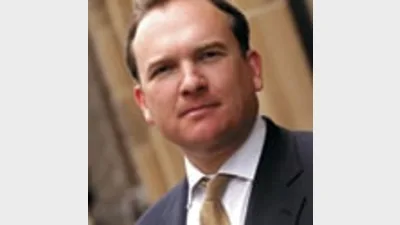Experts claim double-dip scenario unlikely



|
|
The world economy is not expected to experience a double-dip recession, but investment portfolios are being positioned for lower global growth, according to head of Australian equities at Fidelity International Paul Taylor.
He said the chance of a global double-dip recession is low because corporations are far more financially healthy than they were a few years ago.
“[For a double-dip recession] you need corporates overspending, cutting costs, laying off people — it requires the unemployment rate to shoot up to cause it,” Taylor said.
He finds corporates have already cut costs, and have reasonable balance sheets and cash flow, so the likelihood of them to cut further costs and lay off people is very low.
However, Taylor said the current economic climate could hail a new period of low global growth.
“The issue that is more likely is we’re heading into an environment where there are a range of sovereigns in trouble with debts, austerity packages, taxation going up — this means the possibility of lower global growth,” he added.
Other industry leaders also predict a double-dip recession is an unlikely scenario.
UBS Wealth Management Head of Investment Strategy George Boubouras said it was very rare that for a double-dip recession to eventuate, and when it had occurred in the past, it was a function of the wrong policy settings.
In his view, current global monetary policy settings remain very stimulatory.
“We believe that while volatility may be elevated it will be lower than the May-June period as investors accumulate deeply discounted quality exposure,” Boubouras said.
Boubouras believes the US reporting season is delivering as anticipated, and that the upcoming Australian reporting update will also deliver — a view, he says, not wholeheartedly shared by the market.
“We believe the discount to current equity valuations remains too severe. While risks remain, and some value traps are developing at the stock-specific level, the broader market remains very good value,” he added.
According to UBS, key recovery drivers include credit market being in better condition versus 2009 and volatility remaining low in comparison to the past two-year average.
Recommended for you
Marking off its first year of operation, Perth-based advice firm Leeuwin Wealth is now looking to strengthen its position in the WA market, targeting organic growth and a strong regional presence.
Financial services software firm Iress has unveiled a new business efficiency program with the aim of permanently lifting its profit margin as the business enters a leaner, growth-focused phase.
AUSIEX has revealed the top traded stocks for October, noting significant jumps in advised investor trading, while ETFs also reported higher activity.
The Financial Advice Association Australia has implored advisers to reevaluate their exposure to AML/CTF obligations ahead of new reforms that will expand their compliance requirements significantly.










